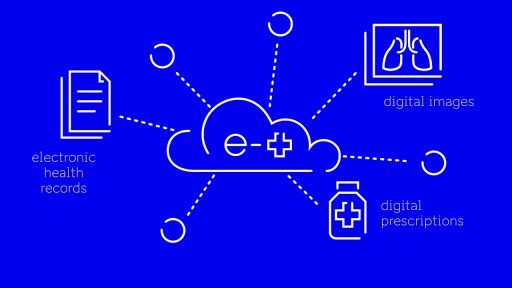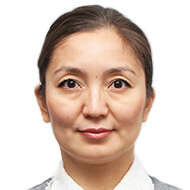In 2024, the Health Insurance Fund will finance family doctor digital platforms to ensure all Estonians can contact family doctor centers online. The Fund will set requirements, assess compliance, and fund approved platforms. Family doctors can choose a suitable platform and receive monthly support.
Starting from 1 January 2024, the Health Insurance Fund will allocate over 275 million euros to family medical care. This funding increase of 30 million euros compared to last year aims to expand service options, improve accessibility, and implement innovative solutions for patients across Estonia.
To enhance care accessibility, new service models will be tested regionally. One such model will launch in Tõrva, where separate small teams will merge into a larger team. This team will include a family doctor, general practitioners, nurses, clinical assistants, a registrar, a midwife, and a physiotherapist. Complex cases will be handled by the family doctor, while general practitioners will manage simpler cases.
Additionally, digital clinic support will be introduced, allowing patients to undergo pre-screening online or by phone, where their condition will be assessed, and a suitable specialist will be assigned.
The use of e-consultations has doubled over the last three years. Currently available across 33 specialties, new services in 2024 will include consultations for adult ophthalmologists and sedatives-related cases.
To ensure that all Estonians have access to family medical care through digital channels, the Health Insurance Fund will support the adoption of digital service platforms such as Eelvisiit, LEIA, e-Perearstikeskus, and Perearst24. These platforms allow patients to submit electronic referrals, renew prescriptions, and manage sick leave. Patients can log in using Mobile-ID, Smart-ID, or ID-card.
A study by Kantar Emor found that nearly 30% of Estonian residents have used digital platforms to contact their family doctor, with 80% expressing satisfaction. However, 15% reported challenges accessing digital services due to their family doctor not offering the platform, and 30% were unaware of its availability.
The Health Insurance Fund will establish functional and non-functional requirements for digital service platforms. Functional requirements define patient services, while non-functional requirements focus on cybersecurity and health data protection. Platforms that meet these criteria will be added to the list of reimbursed healthcare services, with family doctors receiving monthly subsidies to support their implementation.
In 2024, the Fund will evaluate the progress and outcomes of digital service projects under the PADI initiative, gathering feedback from both residents and primary care teams to identify improvements and address any challenges.
“We will assess how satisfied residents are with family medical care access and the usability of digital platforms. Primary care teams will also provide feedback to help identify bottlenecks and areas for further support.” – Kristin Kuusk, Project Manager for Family Doctor Digital Service Platforms
The Health Insurance Fund is committed to modernizing family medical care services and ensuring that all Estonian residents have access to timely and efficient healthcare solutions.



